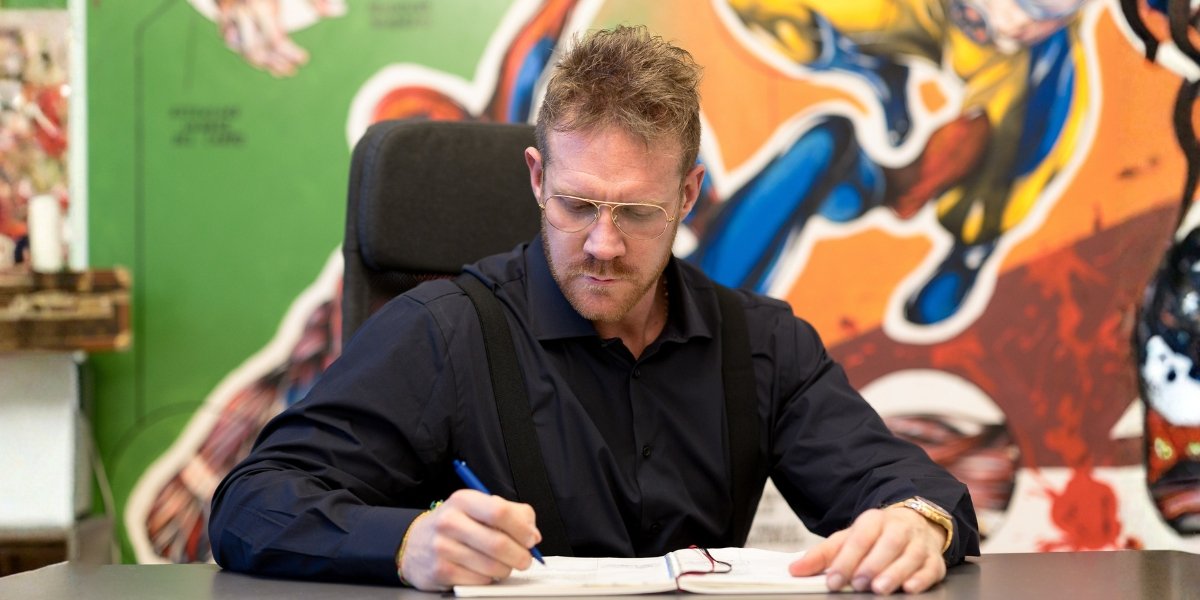Cockatiels, one of the popular pet birds in the world, captivate their owners with vibrant personalities and social charm. Understanding their lifespan and growth stages ensures they thrive in a home environment. Each phase of a cockatiel’s life presents unique needs and milestones from their early development as chicks to their mature adult years. By recognizing these stages, bird enthusiasts can provide the care and attention necessary for a healthy and happy companion.
The Early Days: Hatchling to Weaning
A cockatiel’s life begins as a tiny hatchling, utterly dependent on its parents or a caregiver for survival. Hatchlings emerge from the egg with closed eyes, bare skin, and minimal mobility. During these first few weeks, nutrition is critical for growth, often from hand-feeding or parental regurgitation of food.
By around 10 days, feathers begin to sprout, and the chick’s eyes open. This is also when they start to exhibit greater awareness of their surroundings. By four weeks, the fledgling phase begins. This stage is marked by the growth of flight feathers and the chick’s initial attempts at fluttering and exploring its environment. It’s vital to provide a safe, nurturing space during this period. Weaning usually occurs between six and eight weeks, as the young cockatiel learns to eat solid foods like pellets and fresh produce.
Knowing when a cockatiel stops growing is essential for tracking its development and ensuring it reaches appropriate milestones in its early life. While most physical growth happens in the first few months, their emotional and social development extends further into their juvenile stage.
The Juvenile Phase: Social and Behavioral Development
Once a cockatiel has transitioned from the fledgling stage, it enters its juvenile phase, typically lasting from two to twelve months. Cockatiels become increasingly independent during this time, though they still require close supervision and interaction. This stage shapes their behavior and strengthens their bond with humans.
Juvenile cockatiels are naturally curious and active. They explore their surroundings, test boundaries, and develop vocalization skills. You may notice them mimicking sounds or attempting to “whistle-talk” as they become more attuned to human interaction. Socialization is crucial during this phase. Regular handling and positive reinforcement can foster trust and reduce the likelihood of undesirable behaviors, such as biting or excessive screaming.
Physically, juveniles refine their motor skills and coordination. They become more adept at flying and perching, and their feathers fully mature into the vibrant colors characteristic of adult cockatiels. Proper nutrition remains essential, as deficiencies during this stage can impact long-term health. A balanced diet of high-quality pellets, fresh vegetables, and occasional seeds supports their continued development.
Adulthood: Maintaining Health and Longevity
When a cockatiel reaches one year old, it is considered an adult. Adulthood spans most of their lifespan, which averages 15 to 20 years with proper care. Cockatiels demonstrate their full personalities during this stage, often becoming affectionate and interactive companions.
Adult cockatiels thrive on routine and consistency. They benefit from daily mental stimulation, such as toys, puzzles, and opportunities to forage. Regular exercise is equally essential, so ensure they have space to stretch their wings and fly safely. As they age, their nutritional needs may shift slightly, so consult a veterinarian to optimize their diet.
Health monitoring becomes increasingly important during adulthood. Routine vet checkups help catch potential issues early, ensuring your feathered friend enjoys a long, healthy life. Signs of aging, such as reduced activity or changes in feather quality, typically appear after age 12. Providing a stress-free environment and maintaining proper care can significantly extend their quality of life.
Understanding cockatiels’ lifespan and growth stages equips pet owners to meet their unique needs at every phase. From their fragile beginnings as hatchlings to their playful juvenile years and vibrant adulthood, each stage is an opportunity to strengthen your bond and support your well-being. By staying attuned to their development, you can ensure your cockatiel thrives for years.
Published by Elle G.






